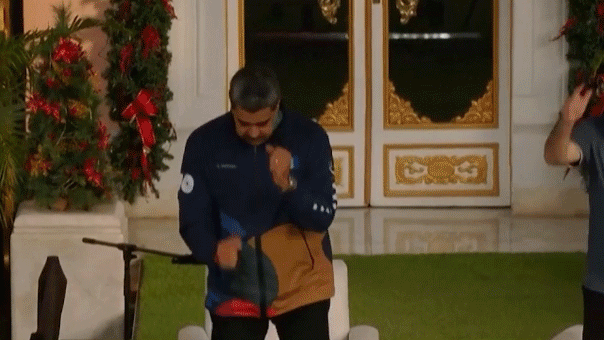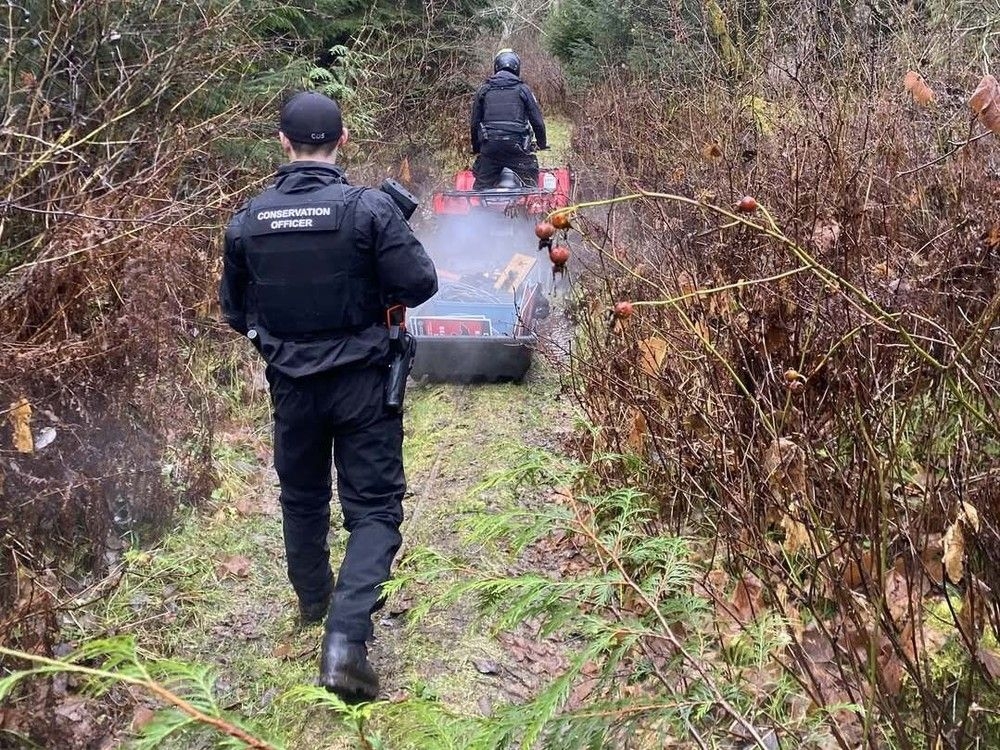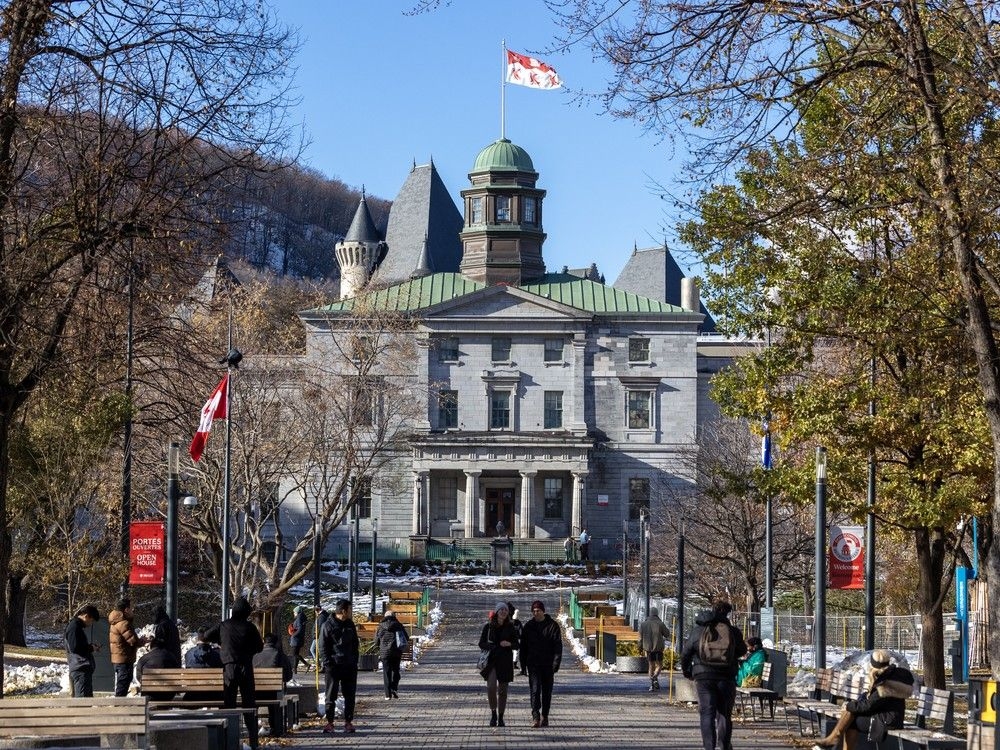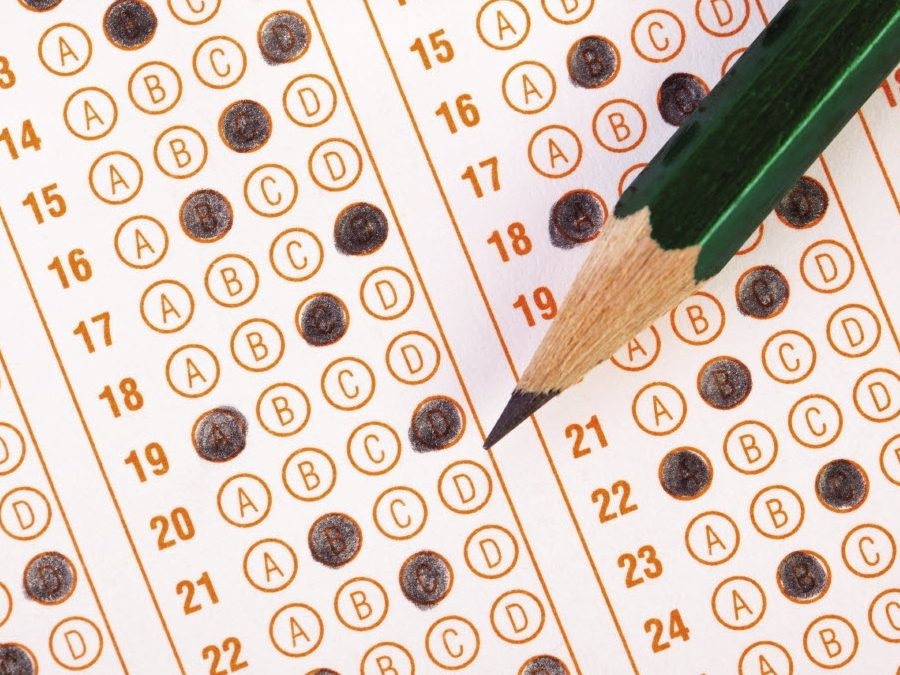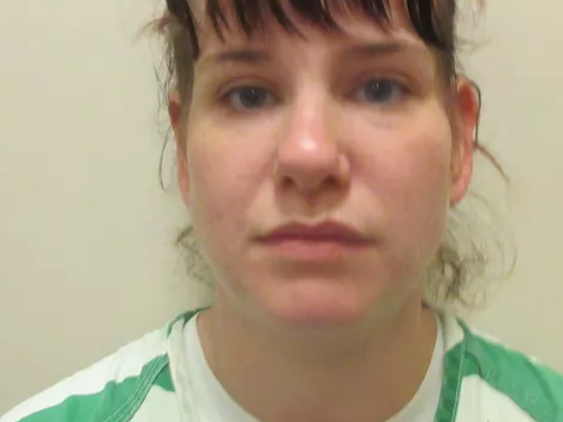Amidst escalating tensions with the United States, Venezuelan President Nicolás Maduro offered a striking display of defiance. At a recent student rally in Caracas, he danced to an electronic remix crafted from his own peace-promoting rhetoric – a bold gesture as U.S. warships gathered off the Venezuelan coast.
Footage from the National University Student Day event revealed Maduro swaying to the music, his movements echoing those often associated with former President Donald Trump, though with a distinctly more relaxed style. The track, identified as “Peace, yes. War, no,” looped phrases taken directly from Maduro’s speeches, emphasizing his calls for peace and rejection of conflict.
The performance wasn’t merely a dance; it was a statement. At one point, Maduro playfully mimicked firing a weapon with finger guns, punctuating the beat with a lighthearted “pew, pew” gesture that was captured by cameras. This seemingly casual act underscored a deliberate message of resistance.
This display followed a week after Maduro unexpectedly sang John Lennon’s “Imagine” at another rally. He framed the song as a plea for peace, even as the Trump administration bolstered its military presence in the region, ostensibly to combat drug trafficking.
Maduro spoke of Lennon with reverence, calling him a poet and musician who had bestowed a “gift to humanity.” He passionately urged young people to explore the song’s lyrics, describing “Imagine” as a timeless anthem for every generation seeking peace and understanding.
“What a beautiful song,” he remarked, pausing during his speech to recall the melody. “The lyrics – young people, look up the lyrics. It’s an inspiration for all time.” He continued, celebrating Lennon’s enduring legacy as a beacon of hope and artistic expression.
While Maduro champions peace through song and dance, the U.S. has dramatically increased its military footprint in the Caribbean. Bombers, warships, and Marines have been deployed as part of a broader campaign targeting drug trafficking, including direct airstrikes against suspected smuggling vessels.
Adding another layer to the escalating situation, the State Department recently designated the “Cartel de los Soles” – a network of Venezuelan government and military officials allegedly involved in drug trafficking – as a foreign terrorist organization. This move signals a significant hardening of U.S. policy towards Venezuela.
Officials assert that the Cartel de los Soles and similar groups are responsible for widespread violence throughout the hemisphere, as well as the flow of illicit drugs into the United States and Europe. The designation reflects a growing concern over the destabilizing influence of these organizations.
